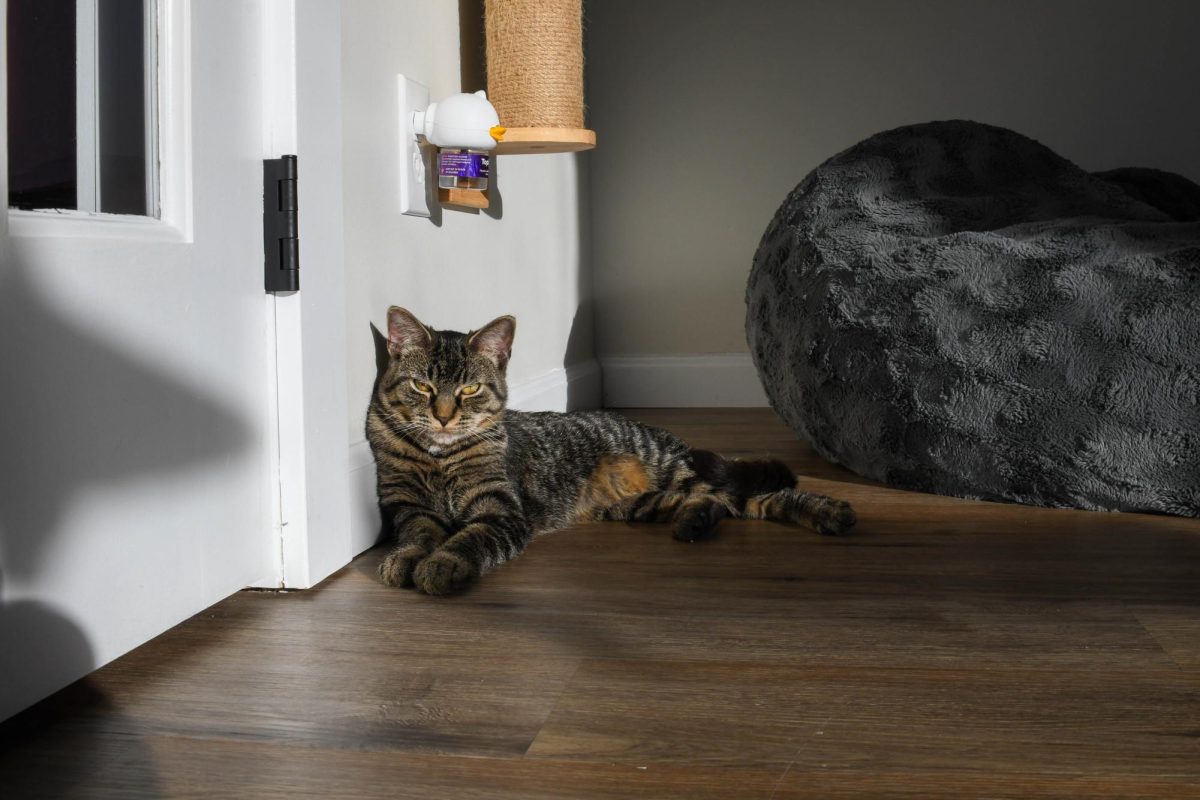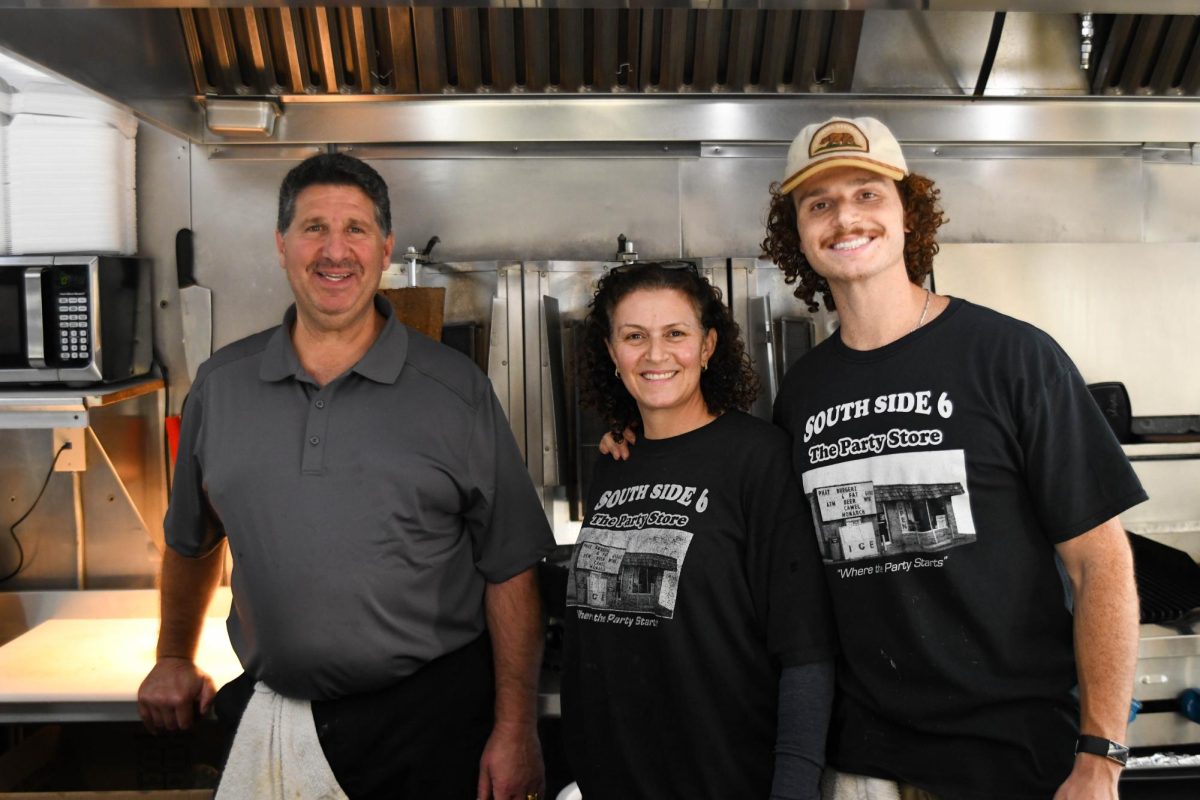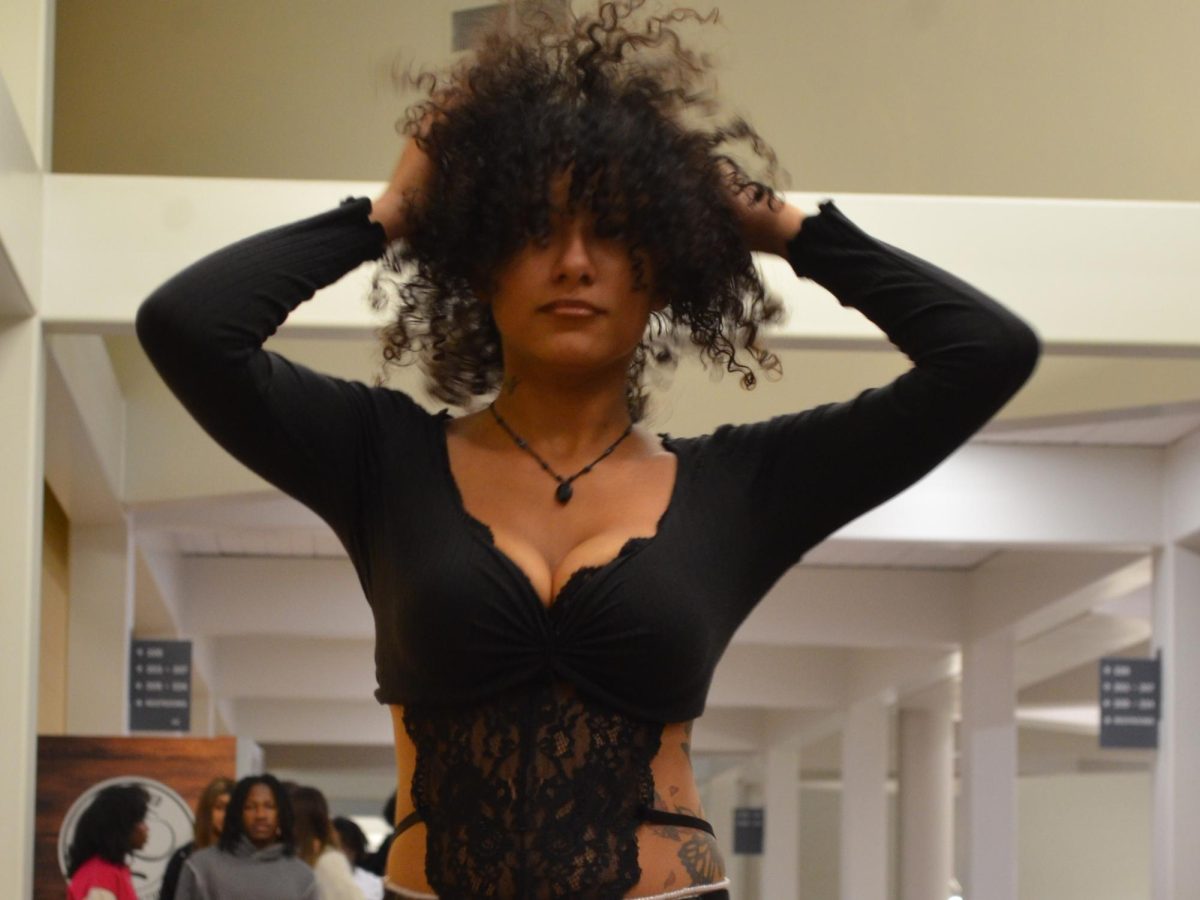The NHL and the players’ association will resume talks next week in an effort to end the 78-day lockout and save the season.
After nearly three months of silence on and off the ice, the sides agreed yesterday to meet in Toronto on Dec. 9. Talks might continue into a second day, NHL spokesman Frank Brown said.
Those plans were made after players’ association executive director Bob Goodenow sent a letter to NHL commissioner Gary Bettman on Thursday, inviting the league back to the negotiating table. The letter also said the union was working on a new proposal.
No official talks have occurred since Sept. 9, when the union made its last offer. “There’s been a lot of rumblings for the last couple of weeks that they were preparing something and that this might be imminent so I can’t say I was shocked,” Bill Daly, the NHL’s chief legal officer, told The Associated Press. “I hope to be optimistic. We’ll see what they have to bring to the table.”
The most recent offer by the NHLPA was a luxury tax-based deal that was rejected by the league, and the lockout began one week later. As of Thursday, 334 regular-season games, plus the 2005 All-Star game, have been wiped out.
Bettman has said that a luxury tax won’t work for the 30 NHL teams, which he claims are losing money at a pace that makes it impossible for the league to survive under the current system. He is seeking “cost certainty” for the clubs, which the union says is tantamount to a salary cap — a solution it refuses to accept.
The players’ association said its new proposal should provide the basis for a new collective bargaining agreement.
“Almost three months have passed since the players made their last proposal and we have yet to receive a counteroffer from the league,” Goodenow said in a statement. “We have been working hard at other creative solutions and believe our new proposal will provide a basis to end the owners’ lockout and resume NHL hockey.”
The announcement that talks would resume came just hours before the league’s general managers were to get an update from Bettman during a dinner meeting in New York.
“In a way I’m glad it came today because it gives us something to report on, some new news,” Daly said.
The league has been operating under the same collective bargaining agreement since 1995, when the last lockout — lasting 103 days — ended and a truncated 48-game schedule was held. That deal was extended twice.
After an agreement was reached on Jan. 11, 1995, the season began nine days later. The process might take longer this time, since there are dozens of unsigned free agents and many playing in Europe. Also, players haven’t gone through training camp, unlike a decade ago.
Clubs also might have to restructure their rosters to fit any new payroll restrictions produced by a deal.
NHL arenas have been given the go-ahead by the league to release dates previously reserved for hockey on a 45-day rolling basis, which as of now means there won’t be any NHL games until at least the middle of January.
“We continue to evaluate the situation every day,” Daly said. “All we want to do is move the process toward resolution. The problem has always been that the union does not share our sense of urgency in getting this done. We hope this is a sign that they are beginning to share our sense of urgency.”
Daly added that the NHL had not been preparing to make a new offer. The players’ association rejected six concepts put forth by the league before the union’s previous proposal.
Bettman said teams combined to lose more than $1.8 billion over 10 years, and that management will not agree to a labor deal without a defined relationship between revenue and salaries. Owners claim teams lost $273 million in 2002-03 and $224 million last season.
An economic study commissioned by the NHL found that players get 76 percent of all league revenues — far more than the percentage for the other major team sports. The players’ association has challenged many of the league’s financial findings.







